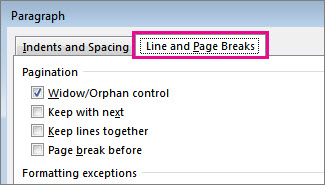
Just google your software to learn where these settings are.

You can also experiment with the word-spacing and the hyphenation settings. You’ll be surprised at how much you can get away with.

Keep your eye on the overall look, so you don’t change the spacing so much as to be conspicuous. Usually you can get the lone word to snap up to the line above (as in the sample below), or get a companion word from above to jump down to keep the loner company. See the problem?) If the paragraph is more than two lines long, select the entire paragraph and adjust the letter-spacing a tiny bit up or down. The fix is inįixing a single short word on its own line (often called an orphan, a widow, or a runt. Consider these other options to make your book look its best. But usually I’m designing a book for an independent author, and I’m not free to reword a rough spot. First, sometimes a quick edit is the easiest way to correct these problems. I’ve spent hours writing and rewriting my book to get rid of them, and I don’t have that kind of time.” You just have to care.Īnother writer on the same post replied, “You must not be a writer. And yes, I’ll fight you over those two terms.) And no, it’s not hard to fix them. Yes, your typesetter should have fixed them. Widows, orphans, and runts degrade the reading experience as much as typos. I don’t care which word you assign to which issue. The three issues above are called widows, orphans, and runts.

And partly because typesetters are irrepressible nerdy snobs. Also because even Wikipedia and the Chicago Manual of Style can’t agree on the definitions. The problem starts because these names are helplessly non-intuitive, and more than a little sexist and demeaning. If you invite three book designers to a party, one will disagree with the other two about what widows, orphans, and runts are, voices will be raised, drinks will be thrown, and you’ll have to kick them out, which isn’t too hard because typesetters usually aren’t very fierce. Before I start this post, let me be clear: no, I do not want to go out back and fight you.


 0 kommentar(er)
0 kommentar(er)
